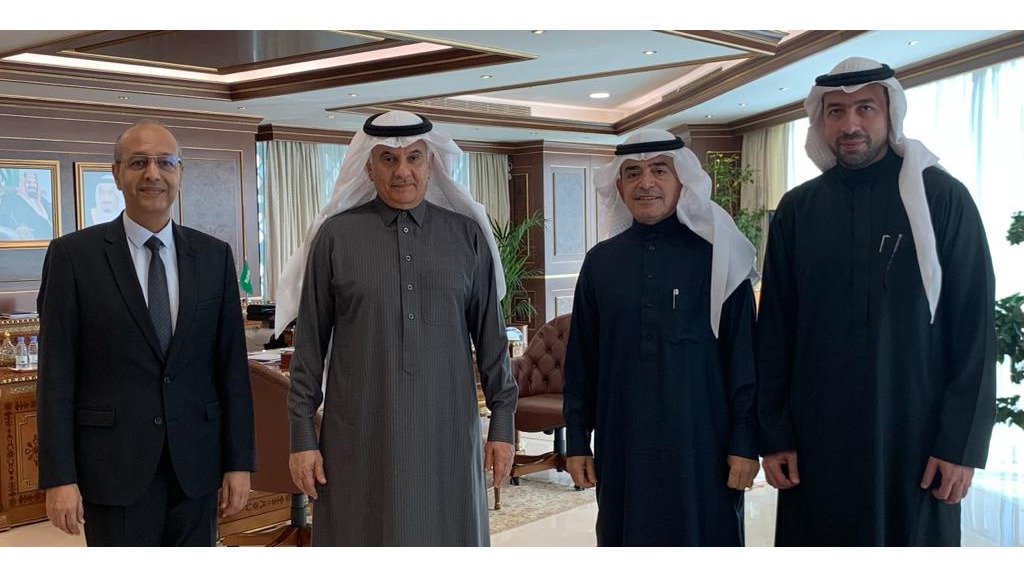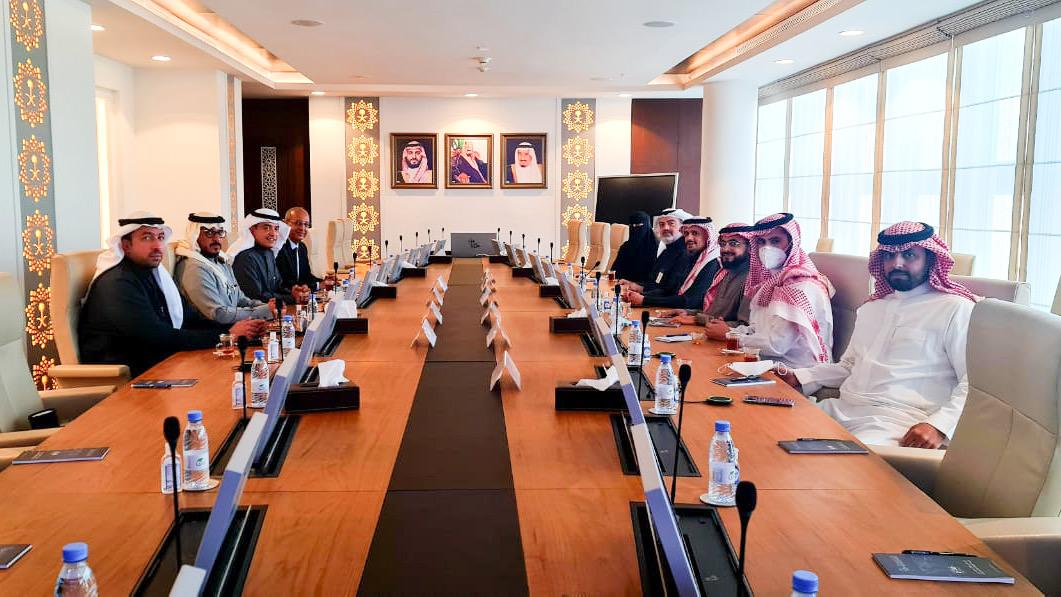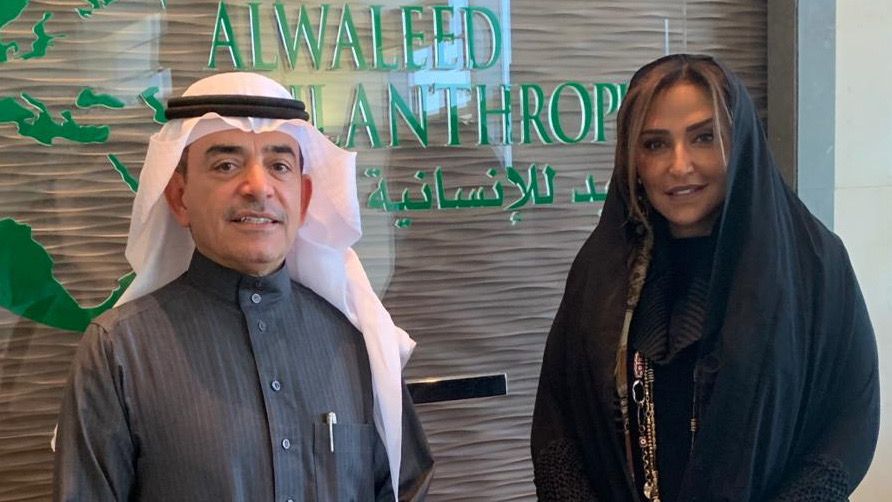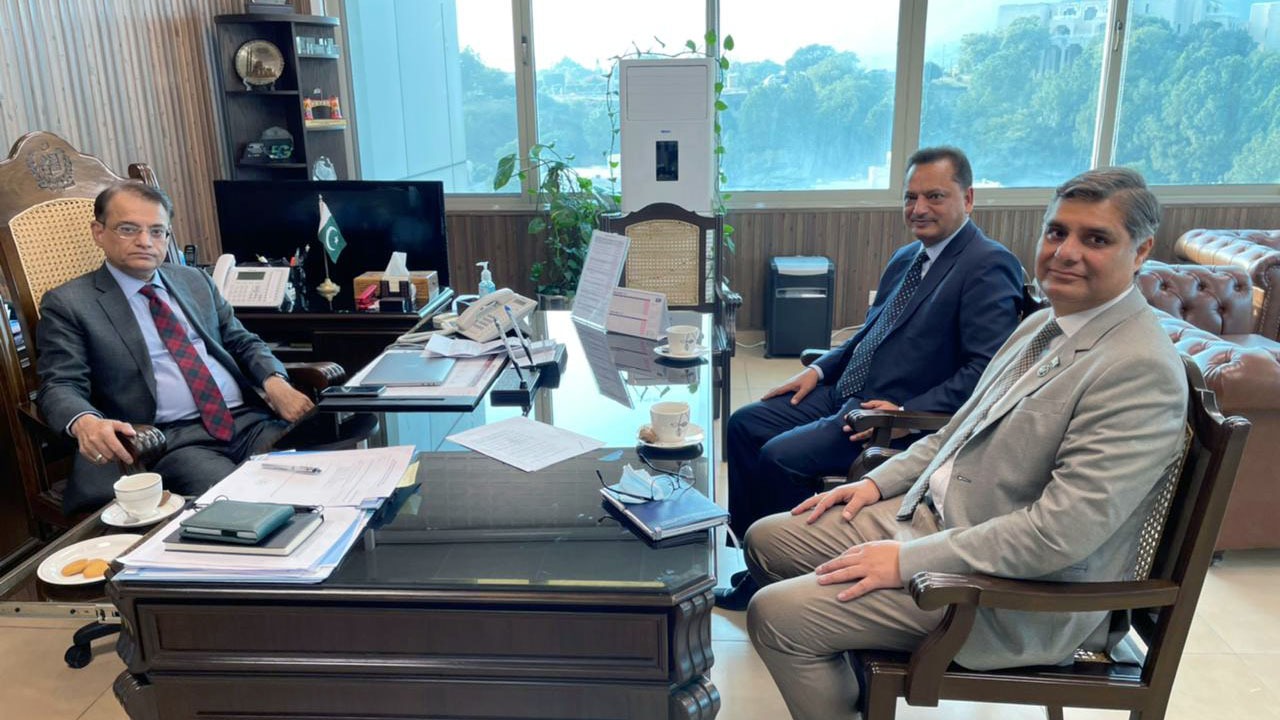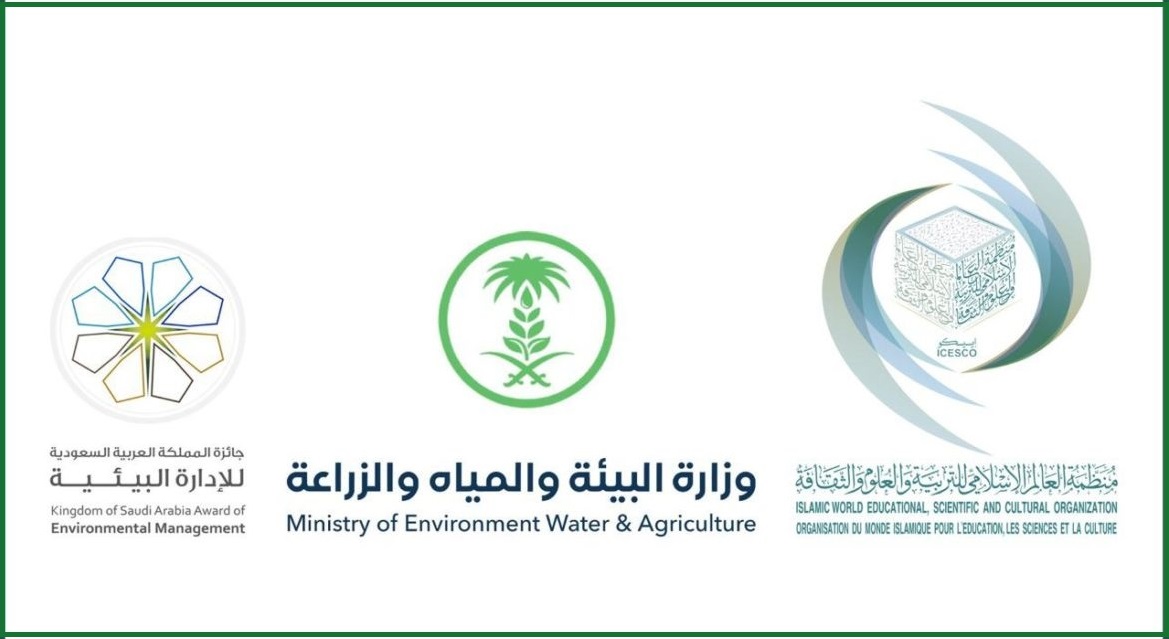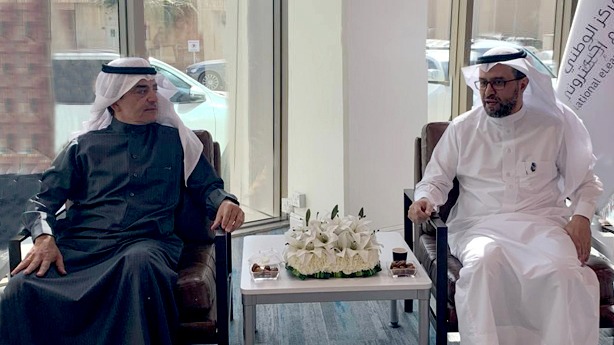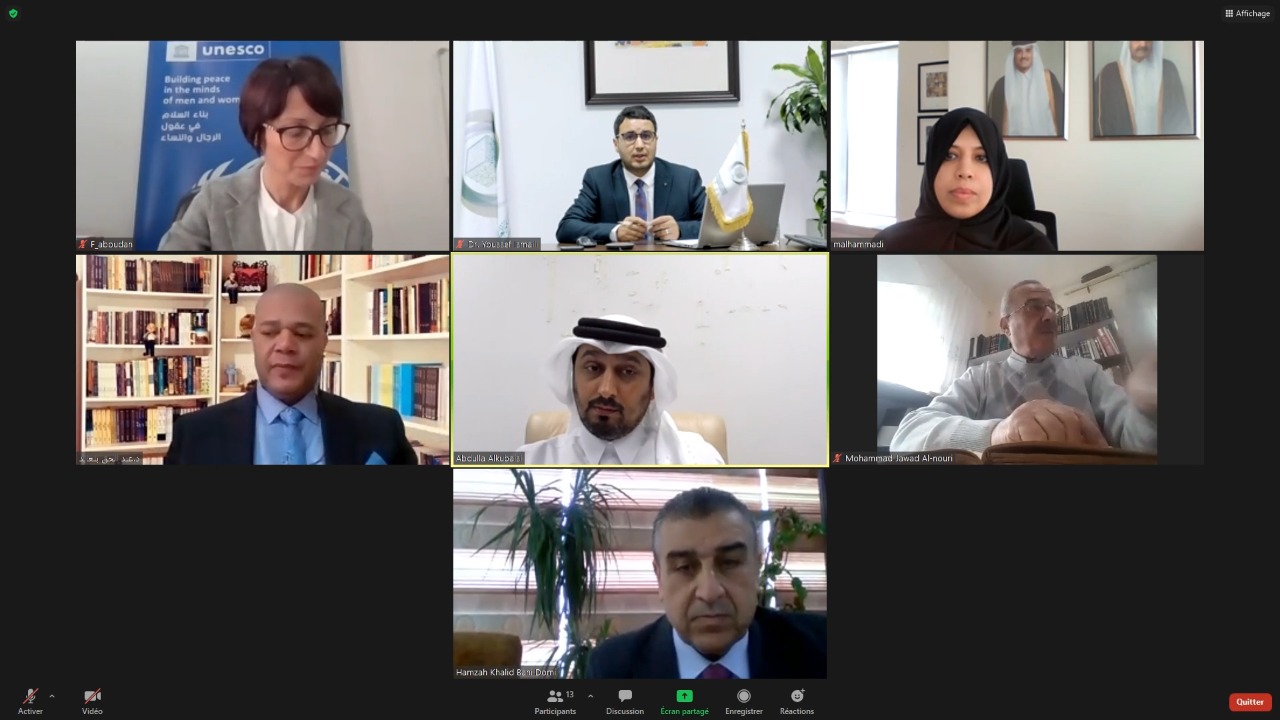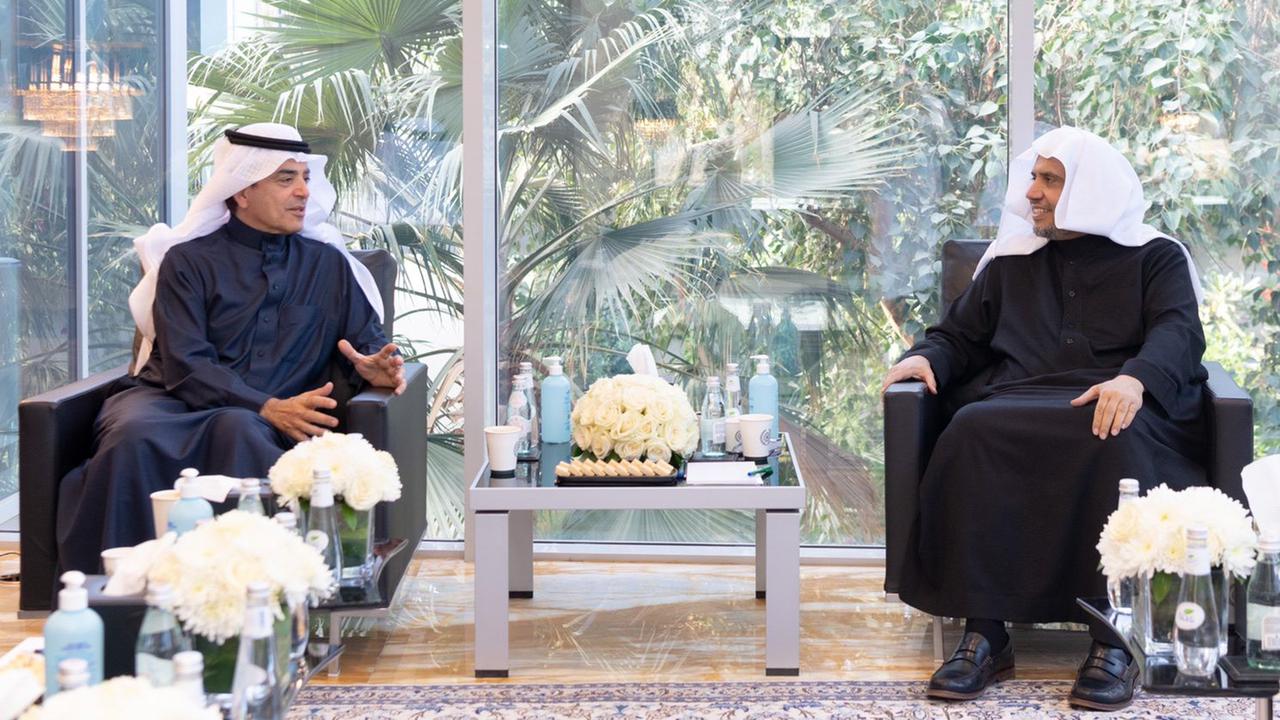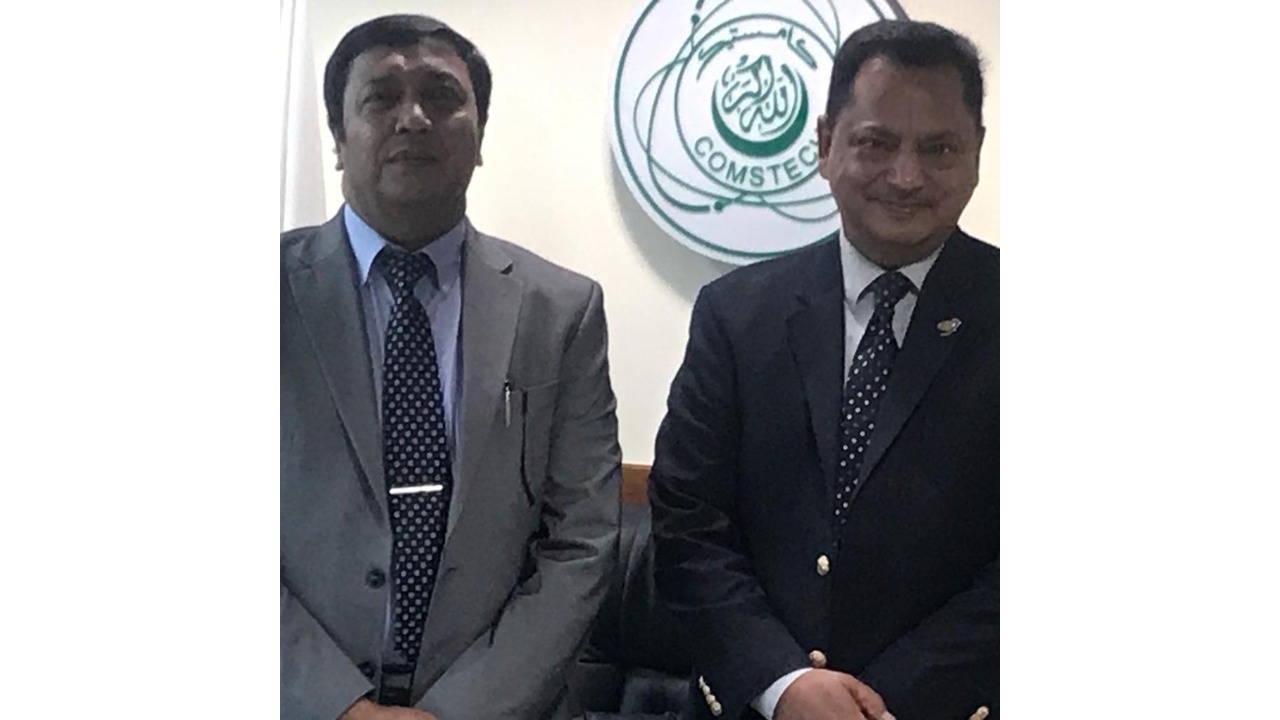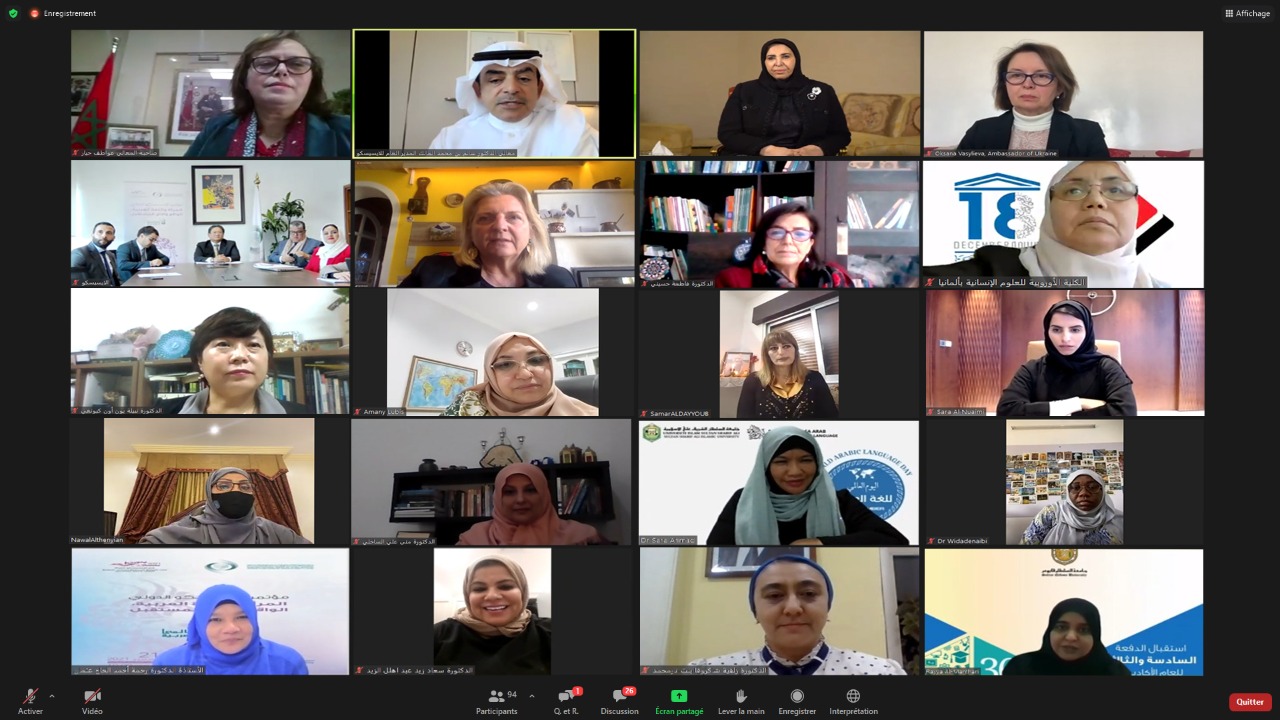Dr. Salim AlMalik, Director-General (DG) of the Islamic World Educational, Scientific and Cultural Organization (ICESCO), met with Dr. Abdulrahman bin Abdulmohsen Al-Fadhli, Minister of Environment, Water and Agriculture of Saudi Arabia, to explore arrangements for holding the 9th session of the Conference of Environment Ministers in the Islamic World, due to be hosted by Saudi Arabia in 2022, and the current edition of the Kingdom of Saudi Arabia Award for Environmental Management in the Islamic World (KSAAEM), in coordination and consultation with the Saudi National Commission for Education, Culture and Science.
The meeting, held today, Thursday, December 30, 2021, at the headquarters of the Ministry of Environment, Water and Agriculture in the Saudi capital, Riyadh, touched upon the preparations and arrangements for holding the 9th session of the Conference of Environment Ministers in the Islamic world, due to be organized in Jeddah, Saudi Arabia in 2022, in partnership between ICESCO and the Ministry.
The meeting also discussed the developments of KSAAEM’s current edition, whose General Secretariat is ensured by ICESCO under the supervision of the Ministry of Environment, Water and Agriculture of Saudi Arabia, represented by the National Center for Environmental Compliance. The meeting discussed the approval of the Higher Committee of the Award and the extension of the nomination deadline to March 31, 2022, and prospects for improving the Award and mechanisms to strengthen its presence and role in joint international environmental action.
Mr. Naif Ghazi Alshammari, Director of International Cooperation Department at the Ministry of Environment, Water and Agriculture, Mr. Hani bin Hamza Mansi, Advisor to the National Commission for Education, Culture and Science and Dr. Ahmed Said Bah, Advisor to ICESCO DG for Partnerships and International Cooperation, attended the meeting.

